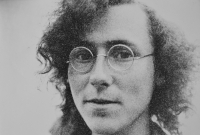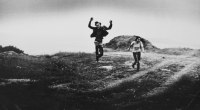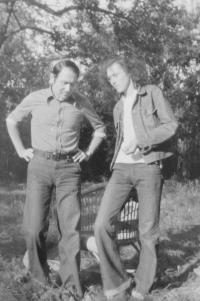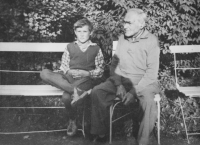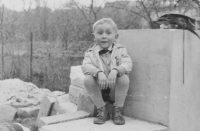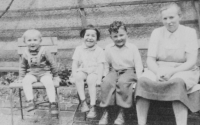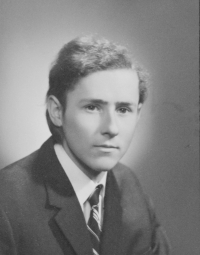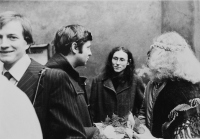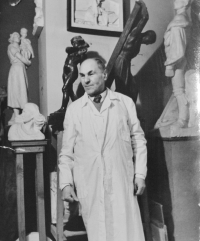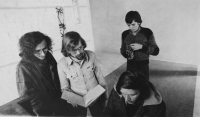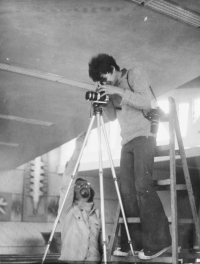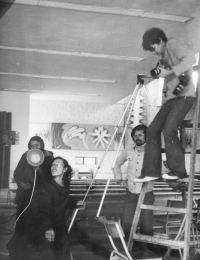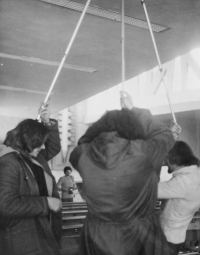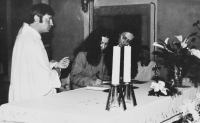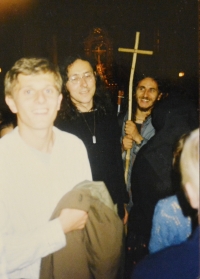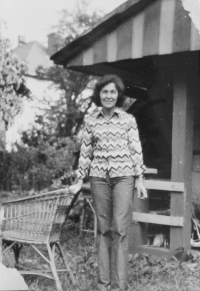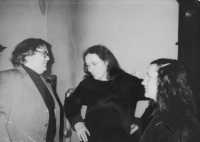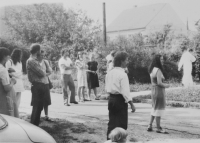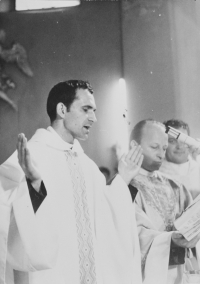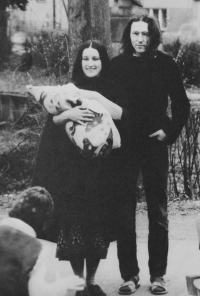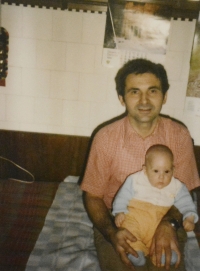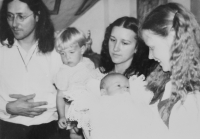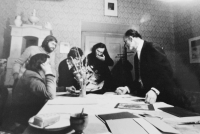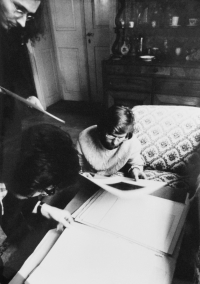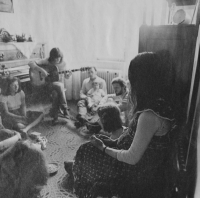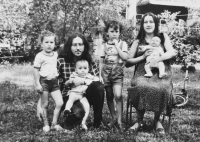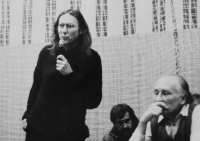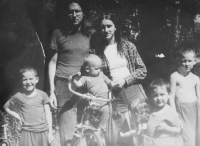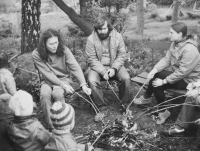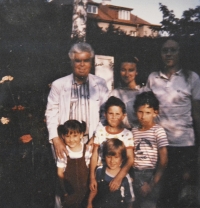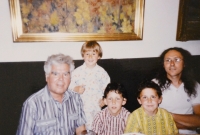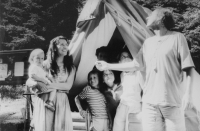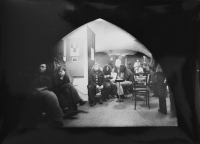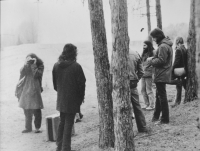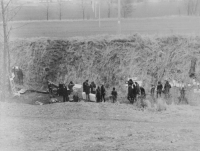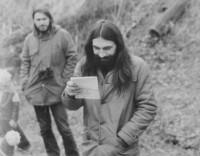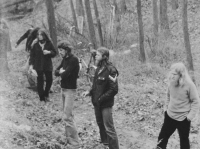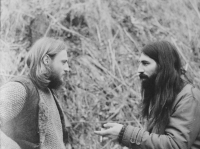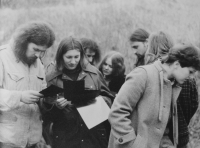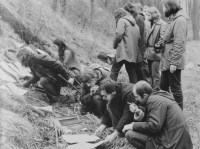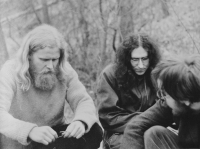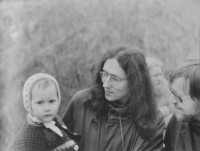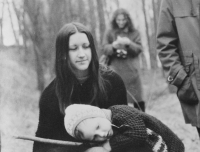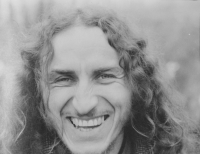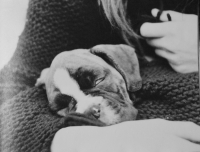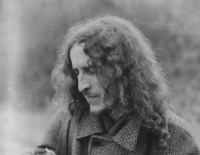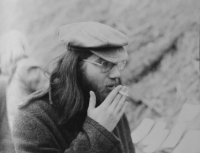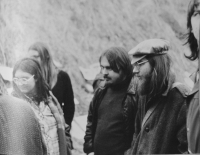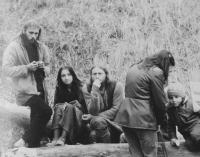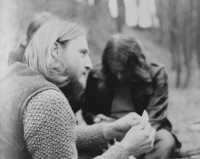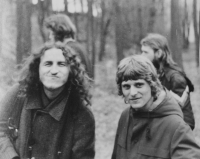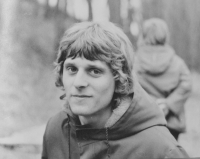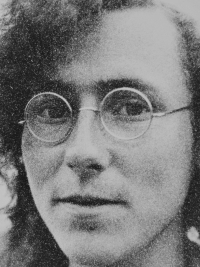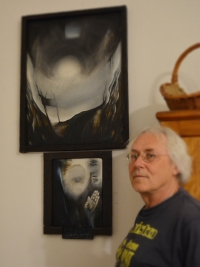The goal was not anti-state resistance, but to live in freedom
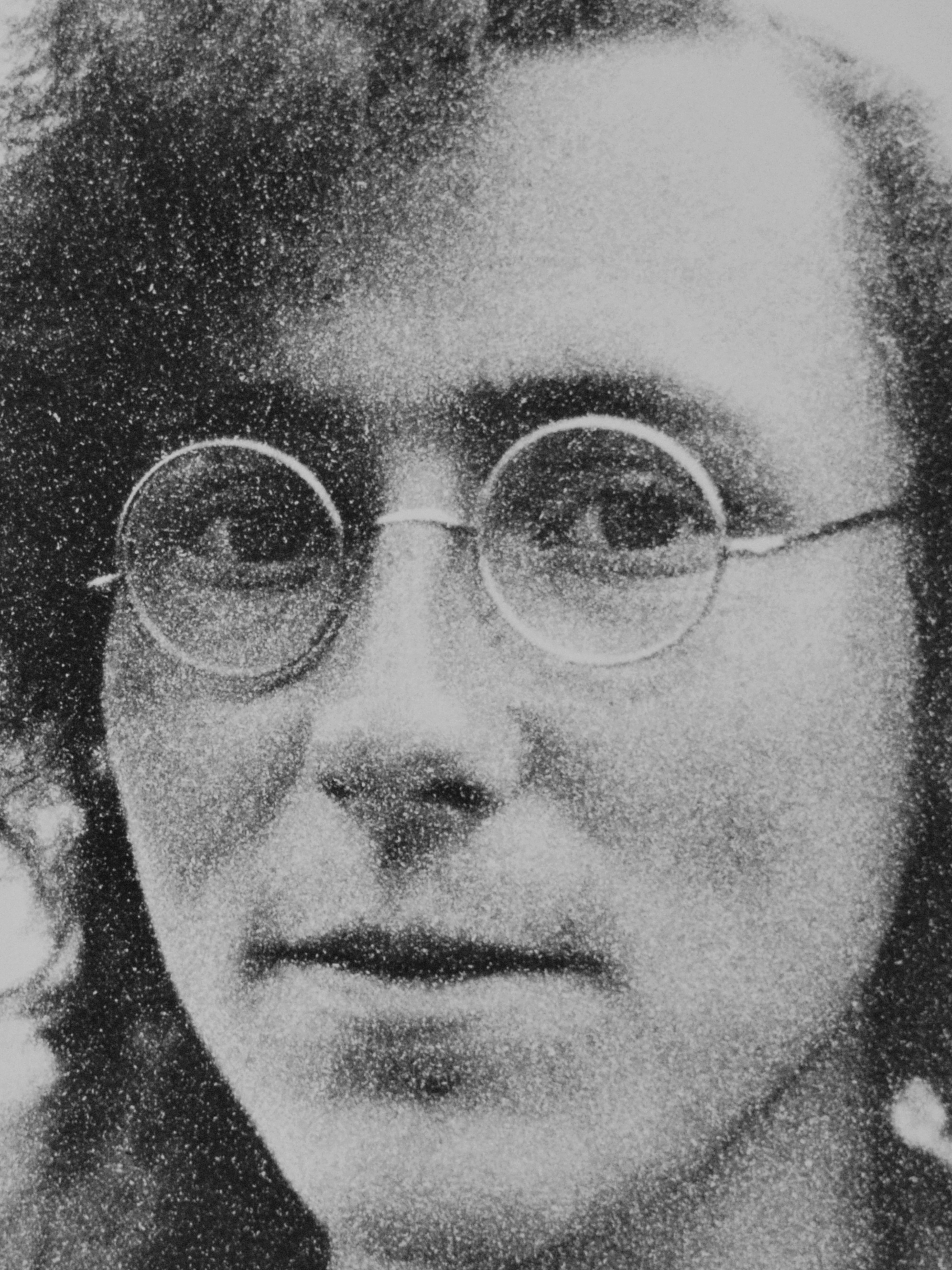
Download image
Vít Pelikán was born on September 19, 1953, in Olomouc, where he grew up in the villa of his grandfather, academic sculptor Julius Pelikán. His uncle Jiri and his father Vladimir were communist reform politicians. After the invasion of Warsaw Pact troops, uncle Jiří Pelikán went into exile. In high school and later at the university in Zlín, he was a part of the music and visual arts underground. His sister Iva and brother-in-law Mirek Vodrážek lived in Prague, they were among the signatories of Charta 77 and supporters of the underground. In Olomouc, Vít joined the group publishing the samizdat book edition Texts of Friends. Under their influence, he converted to Christianity and was baptized in 1978. He and his wife Hanka belonged to Christian communities that met for prayers and meetings. He reproduced and distributed the periodicals Information about Charta 77, Letters and information about the Church. For his activities, he was monitored and wiretapped by the State Security (StB), repeatedly detained, interrogated and several agents were deployed to follow him. He tried to support political prisoners - from organizing protest hunger strikes to participating in court trials. The STB prevented him from participating in the planned unauthorized protests and, on those days, guarded him or detained him immediately. From 1984, he worked as an independent researcher at the Research Institute for Pharmacy and Biochemistry. He took part in the National Pilgrimage to Velehrad in 1985. In January 1989, he experienced a protest in Prague known as Palach’s Week, and he was also present on October 28 in Prague. In November 1989, he organised manifestations in Olomouc and joined the Civic Forum. He served on the civic commission investigating Public Security, State Security and events in the Mírov prison during the totalitarian communist rule. After the Velvet Revolution, he continued his profession as an economist.
